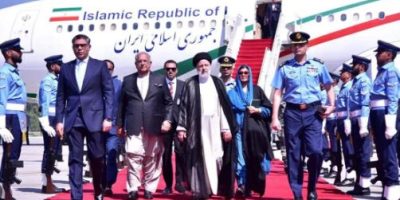Imran Khan challenges NAB law amendment in Supreme Court

ISLAMABAD, JUN 25: Former prime minister and PTI chairman Imran Khan on Saturday approached the Supreme Court to challenge the coalition government’s recent amendments to the National Accountability (NAB) Ordinance, contending that they will “virtually eliminate any white-collar crime committed by a public office holder”.
The changes were criticised by Imran and his party, with the PTI chairman saying the move would destroy the country. The ruling coalition, however, contended that graft cases against the PML-N leadership would continue, with Shahid Khaqan Abbasi saying it was not intended to end corruption cases against them.
The bill, along with the one on election reforms, was passed by the National Assembly and Senate last month. After its approval from both houses, the president’s assent was required for it to become law.
However, Alvi sent back the bills, following which the government convened a joint sitting of the NA and Senate, which approved them. Alvi again refused to sign them, terming them “regressive”, and sent them back. But procedurally, 10 days after a joint sitting passes a bill, it is considered law even if the president refuses assent.
In the petition filed today, the ex-premier named the Federation of Pakistan through its secretary Law and Justice Division and the NAB through its chairman as respondents in the case.
In his request, Imran requested the court to adjudicate upon questions of “great public importance” with reference to the enforcement of fundamental rights of citizens under articles 9 (security of a person), 14 (inviolability of dignity of a man, etc), 19A (right to information), 24 (protection of property rights) and 25 (equality of citizens) of the Constitution.
He claimed that amendments made to sections 2, 4, 5, 6, 14, 21, 23, 25, and 26 of the NAB law were against the Constitution.
Most of the amendments brought into NAB, he argued, were person specific. “As such, it is just and fair to protect the constitutional and fundamental rights of the citizens of Pakistan.
“The NAB may be asked to provide details of all such cases which relate to the prominent and influential holders of public office, specially regarding cases pertaining to offences of owning assets (movable and immovable) without means,” the petition stated.
Related News

Dar extends sympathy to UAE over torrential rains devastation
ISLAMABAD, APR 24: /DNA/ – Foreign Minister of Pakistan, Ishaq Dar held telephone conversation withRead More

PTI blasts FO for silence over US warning of imposing sanctions for doing business with Iran
Govt should issue befitting, solid response to US administration threatening statement ISLAMABAD: /DNA/ – PakistanRead More


Comments are Closed